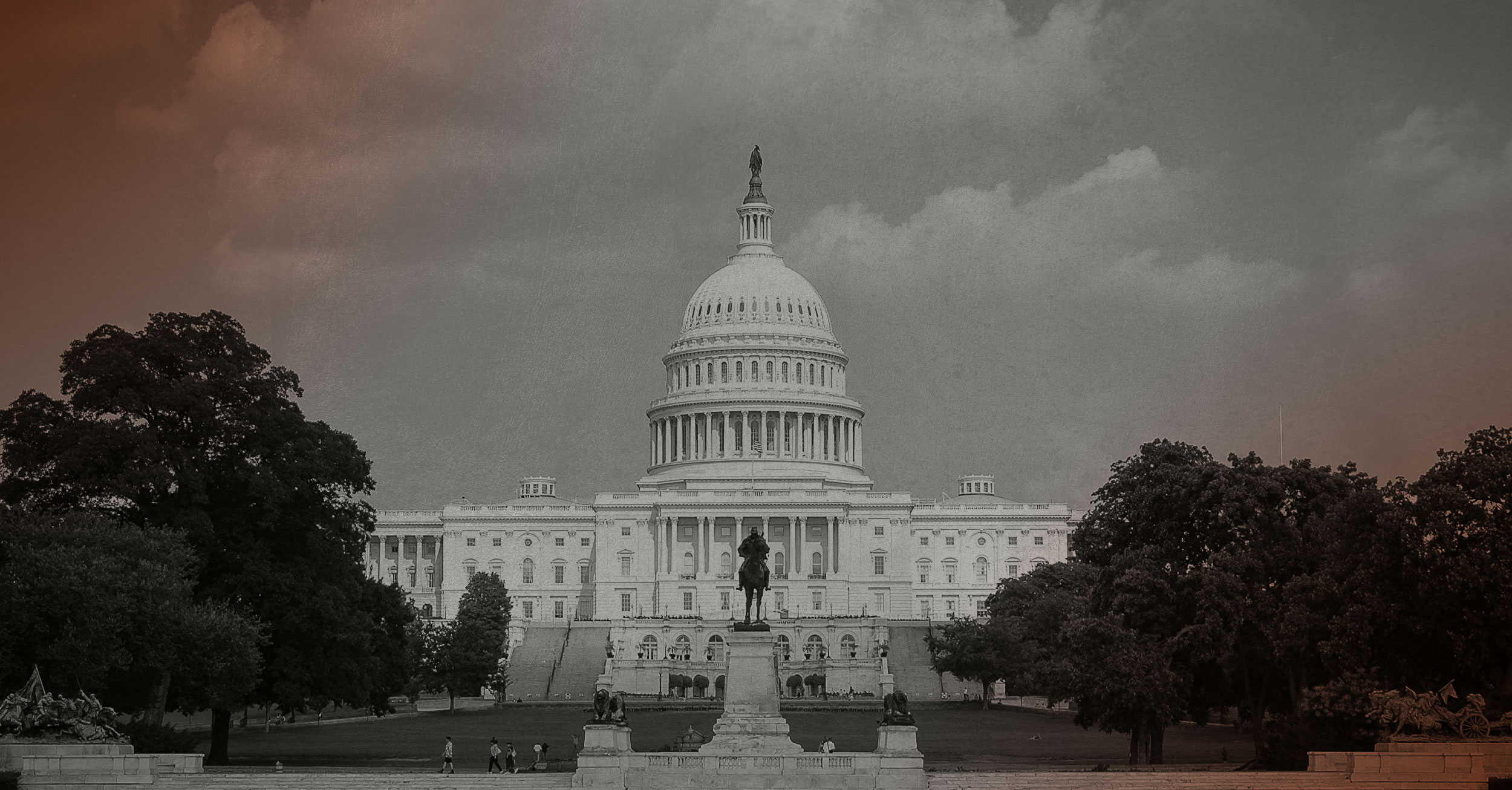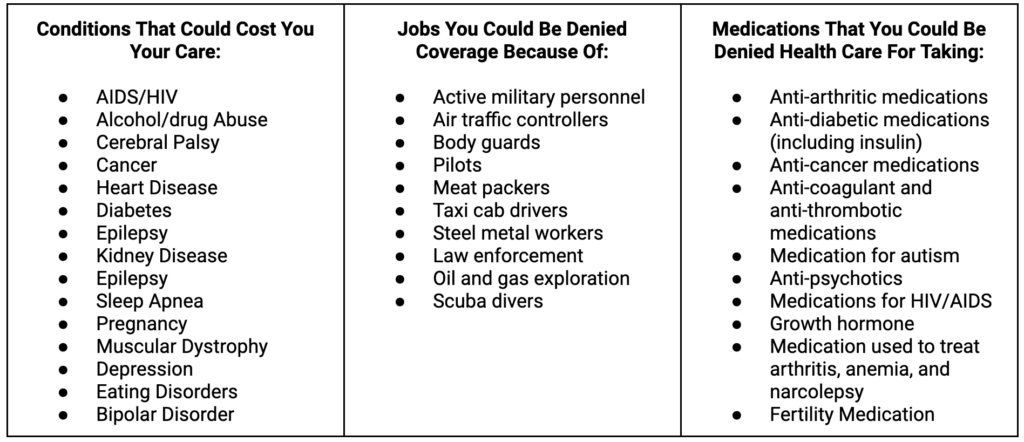
The Inflation Reduction Act reduces the cost of prescription drugs and slashes costs for millions of seniors. Every House and Senate Republican in 2021 voted against the provisions in the Inflation Reduction Act giving Medicare the power to negotiate prices on select drugs, lowering drug prices, reducing health care premiums, capping insulin costs, and improving care for seniors and people with disabilities.
Currently, price negotiations are underway for ten drugs which make up around 20 percent of all Medicare Part D spending and are taken by nearly 9 million people. Americans currently pay two to four times more for prescriptions than people in other countries and if Republicans have their way that will only increase. The repeal of the Inflation Reduction Act is at the very top of the Republican legislative agenda and they are just getting started. If the history of efforts to repeal the Affordable Care Act is any indication, the Republican party will continue to attempt to block life-saving programs, preventing Americans from getting quality and affordable health care.
If the Inflation Reduction Act is repealed:
- GONE: Medicare’s power to negotiate lower prices for the most popular and expensive prescription drugs, leading to higher out-of-pocket costs for more seniors.
- GONE: Medicare beneficiaries’ prescription drug savings, including a $2,000 annual out-of-pocket cap and protections from Big Pharma’s price gouges.
- GONE: Free vaccines for seniors, including for shingles and pneumonia.
- GONE: $35 monthly insulin caps for Medicare beneficiaries.
- GONE: Improving racial and ethnic health disparities will regress as insurance becomes less affordable.
- GONE: Expanded eligibility for the Extra Help program, putting affordable prescription drug coverage further out of reach for millions of seniors.
Republicans have partnered with drug companies to roll back Medicare’s price negotiation power. Negotiating lower prices remains overwhelmingly popular among voters of all parties across the country. Unfortunately, Republicans are attempting to repeal the Inflation Reduction Act in its entirety, placing these equity-advancing improvements at risk while drug companies simultaneously, in order to hoard their record profits, try to strip away Medicare’s price negotiating power, which will save taxpayers tens of billions of dollars, through junk lawsuits. If these efforts succeed, companies like Merck and Bristol Myers Squibb, who already spent over $100 million to lobby against the initial passage of the Inflation Reduction Act, will continue raking in billions annually on drugs with no generic alternative while charging Americans four times more than other high-income countries. While 64 Democrats have co-sponsored legislation to expand Medicare’s price negotiation power for private insurance, Republicans continue to give into lobbying campaigns by the pharmaceutical industry, turning their backs on the American people by standing in opposition to any legislation reducing drug prices.
Repealing the Inflation Reduction Act remains a top priority for Republicans in Congress. As recently as June of 2023, the Republican Study Committee (RSC), a panel that represents 175 House Republicans, introduced a budget proposal for fiscal year 2024 that would privatize Medicare and fundamentally destroy Social Security. Within the proposal’s over $16 trillion in cuts to programs like Medicare, Medicaid, and Social Security, the RSC’s plan would repeal vital aspects of the Inflation Reduction Act like Medicare price negotiation power. The Republican party will continue to attempt to block life-saving programs, preventing Americans from getting quality and affordable health care.
Despite what they say publicly, slashing Medicare is a primary goal for elected Republicans. In 2023, Republicans came out in droves supporting cuts to Medicare. From the Republican House Ways and Means Committee Chairman Jason Smith floating potential Medicare cuts to Rep. Bruce Westerman supporting caps in Medicare spending, it is clear Republican leadership, despite what they may say publicly, are itching to cut spending to Medicare. Throughout recent negotiations to fund the government at the end of fiscal year 2023, Former Speaker McCarthy and Republicans advocated for a 2024 budget that would include over $58 billion more cuts to Medicare and Medicaid not agreed to during the equally fraught debt limit negotiations.

 Source: Kaiser Family Foundation
Source: Kaiser Family Foundation